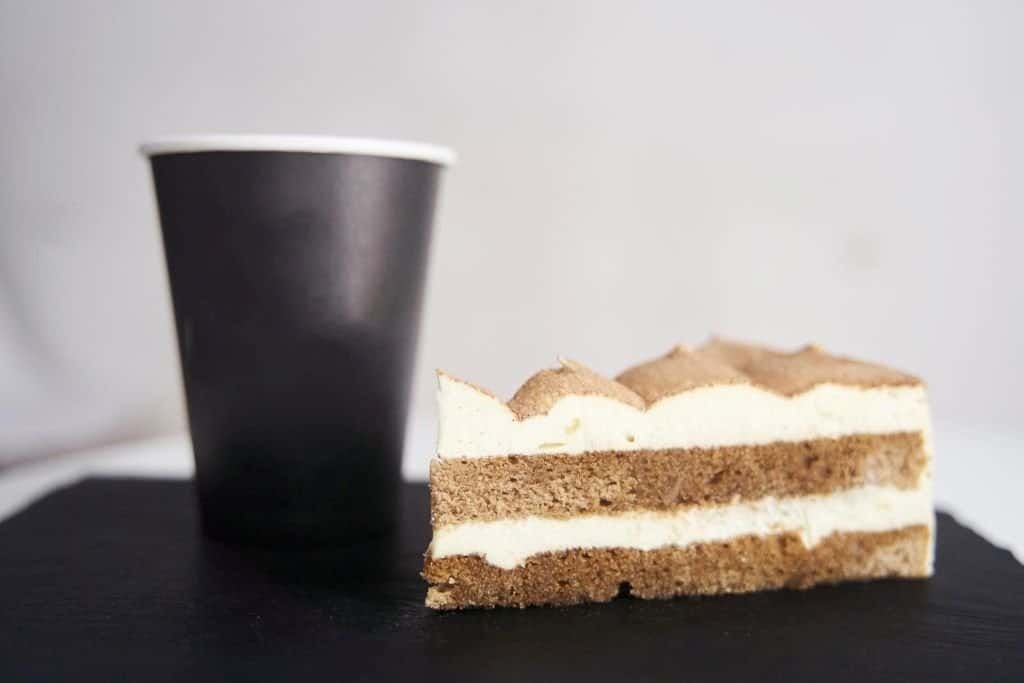Many people often wonder whether a coffee bean is a nut or not. It can be easy to assume that coffee beans might fall into the category of nuts based on their appearance and hard texture. This article will explore the true nature of coffee beans and address the confusion around their classification.
Coffee beans are not considered nuts, but rather, they are seeds originating from the Coffea plant. Though they can sometimes resemble beans or nuts, they are actually the seeds found inside the plant’s red or purple fruit, commonly referred to as a coffee cherry.
Is a Coffee Bean a Nut?
Classification Explained
Coffee beans are commonly mistaken as nuts due to their appearance and name. However, they are not nuts. In truth, coffee beans are seeds that come from the fruit of the Coffea plant, often referred to as coffee cherries. These cherries are red, round, and fleshy, with the coffee beans nestled inside.
Debunking Myths
There are various misconceptions surrounding coffee beans and their classification. It is important to debunk them in order to have a clearer understanding of the nature of coffee beans.
Myth 1: Coffee beans are real beans.
Although they are called “beans” and may resemble beans in appearance, coffee beans are not true beans. Beans, in the botanical sense, are considered legumes, while coffee beans are seeds of the Coffea plant.
Myth 2: Coffee beans are nuts.
Coffee beans are also commonly misidentified as nuts. Nuts are hard-shelled pods, whereas coffee beans are seeds. The Coffea plant cannot produce nuts; it only produces coffee cherries containing the seeds or coffee beans.
Regarding their classification, coffee beans are neither nuts nor true beans but seeds from the Coffea plant. With this understanding, individuals can better appreciate and enjoy the complexity of coffee beans and the beverages they create.
The Coffee Bean
Coffee beans are not considered nuts. They are actually seeds found inside the fruit of the Coffea plant. Despite their name, they are not true beans either, as they do not belong to the Leguminosae family. Instead, they are referred to as beans due to their similar appearance.

Types of Beans
There are two main types of coffee beans that are popular in the market:
- Arabica – Coffea arabica is considered the most popular and widely consumed coffee bean in the world. Known for its mild and smooth taste, it accounts for about 60% of global coffee production.
- Robusta – Coffea canephora, commonly known as robusta, is the second most popular coffee bean. It is known for its stronger taste and higher caffeine content compared to arabica.
Processing
The processing of coffee beans plays a crucial role in determining the final flavor profile of the brewed coffee. The two primary methods of coffee processing are:
- Wet processing – This method involves removing the fruit pulp before drying the beans. It results in a cleaner, more acidic cup of coffee.
- Dry processing – In this method, coffee beans are dried inside the fruit, often under the sun, leading to a sweeter, more complex taste.
Roasting
Roasting is the process of applying heat to coffee beans, transforming their raw, green state into the recognizable brown coffee beans used for brewing. There are various stages of roasting, which significantly affect the flavor profile:
- Light roast – Beans are heated to an internal temperature of approximately 356-401°F (180-205°C) and feature higher acidity, more subtle flavor notes, and a lighter body.
- Medium roast – Roasted to an internal temperature of around 410-428°F (210-220°C), medium roast beans offer a balanced flavor with lower acidity and slightly more pronounced body.
- Dark roast – With an internal temperature between 464-482°F (240-250°C), dark roast coffee beans have a bold, robust flavor and a full body, with diminished acidity and less prominent origin flavors.
Each roasting level brings out different characteristics of the coffee beans, allowing coffee drinkers to choose their preference based on taste, aroma, and body.
Conclusion
In this article, we have examined whether coffee beans are considered nuts. Although coffee beans may resemble nuts in appearance, it is important to note that they are not classified as nuts themselves.
As mentioned earlier, coffee beans are actually the seeds of coffee cherries, which grow on the Coffea plant. It’s crucial to understand that while nuts are hard-shelled pods protecting an edible kernel, coffee beans are the seeds found within the fruit of the Coffea species. Therefore, coffee beans are not the same as nuts when considering their botanical properties.
In conclusion, although some confusion may arise from the coffee bean’s appearance and its similar name, it is clear that coffee beans should not be categorized as nuts. Instead, they are seeds of the coffee cherries, growing on the Coffea plant indigenous to tropical Africa.




